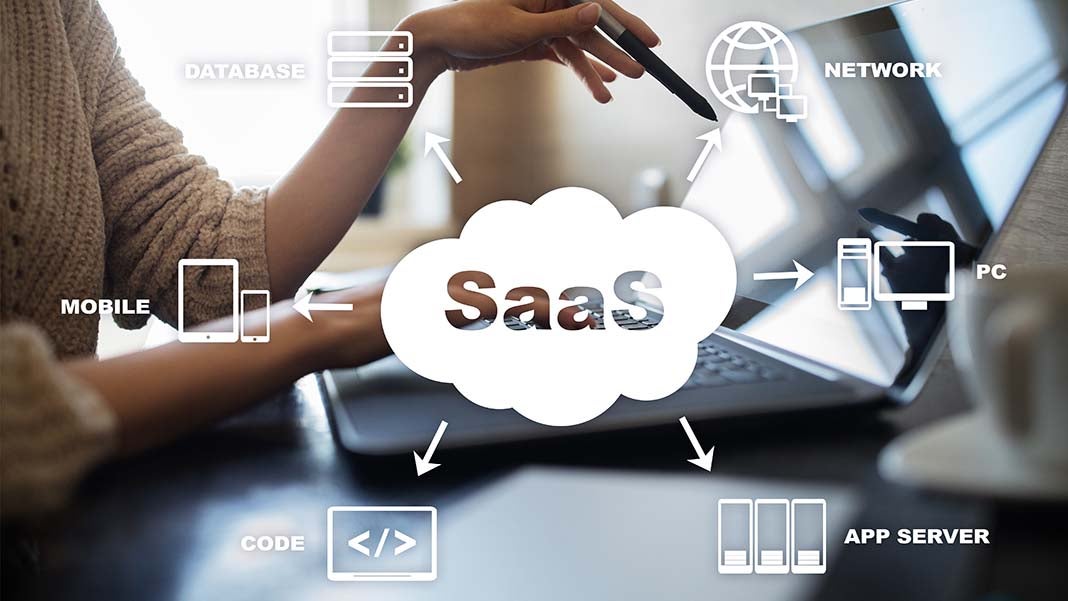Online Sales Tax and SaaS Companies: What You Need to Know
By: TaxConnections

Although the Wayfair online sales tax ruling doesn’t relate specifically to SaaS, states are enacting laws that make it easier to create nexus, which means all companies—including SaaS—need to be more diligent in determining whether they’re subject to taxes in various states.
What exactly do SaaS companies need to know about Wayfair, the online sales tax debate, and how it may affect them?
How Online Sales Tax Legislation Affects SaaS Companies
Law360 does a good job of explaining why SaaS companies especially need to pay attention to the new online sales tax legislation states are enacting.
First, due to their solutions’ accessibility via the cloud, SaaS companies often have a wider array of sales by state; thus, an elevated risk of expansive nexus. Second, the SaaS pricing model generally breaks out the contract into monthly transactions. Consequently, the common 200 plus transaction portion of states’ economic nexus laws are far more attainable under the SaaS pricing model. Rather than needing to have 200 customers in a state, SaaS companies may trigger nexus in a state with only 17 customers and perhaps fewer in the event of other separately invoiced services.
Still, a lot of companies mistakenly believe the “service” part of the software as a service name protects them from being liable for online sales tax. Unfortunately, it’s not that simple. The definition of digital “service” and “product” vary from state to state, and legislatures across the country are beginning to clarify language to require SaaS companies to collect and remit sales tax if they’ve established nexus within the state.
SaaS Companies Should Comply With Online Sales Tax
Say you realize your SaaS company is now responsible for online sales tax in a variety of states. What do you do? Well, it depends, but here’s how we recommend you start:
- Complete an audit to determine where your business is exposed and vulnerable.
- Determine if the states in which you have nexus offer a voluntary disclosure agreement, or VDA. Voluntary disclosure agreements generally limit the lookback period to three or four years, offer a waiver of penalties, and offer the benefit of allowing the company to take an offensive stance (rather than waiting for a potential audit). In return, the company will voluntarily register, file the retroactive returns (with interest), and continue to file going forward.
Have a question? Contact Monika Miles.
Author: Monika Miles founded Miles Consulting Group in 2002. The firm focuses on multi-state tax consulting—helping their clients navigate state tax issues such as sales tax and income tax in interstate commerce, including e-commerce.












